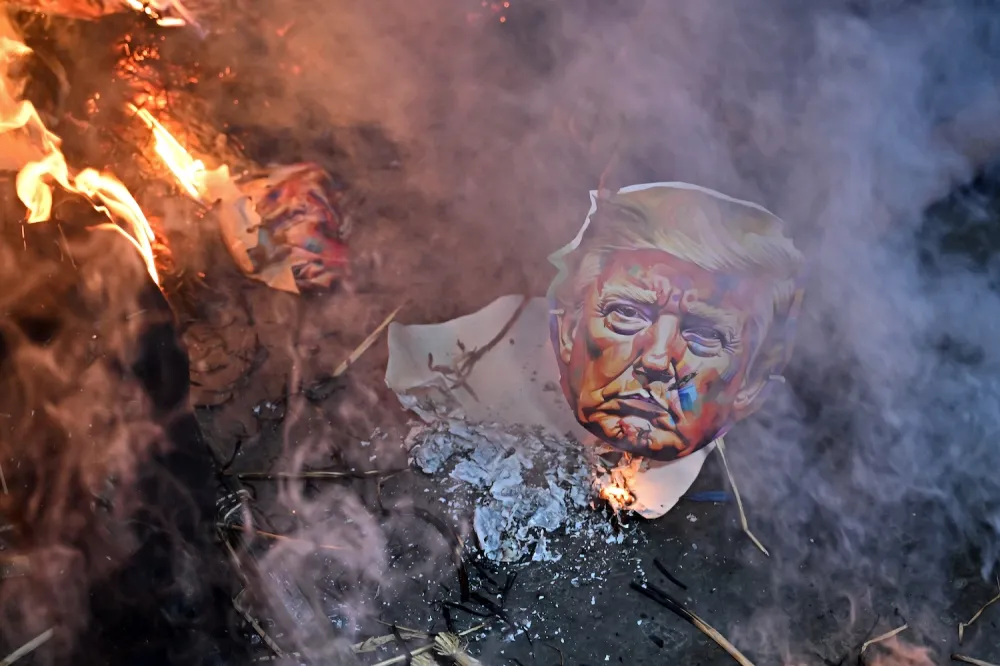U.S. President Donald Trump’s threatened penal tariffs on Indian goods have now become a reality. As of Wednesday, Aug. 27, an additional 25 percent tariff—on top of the existing 25 percent levy—has gone into effect because, the White House says, India is purchasing Russian crude oil.
The reverberations from Trump’s tariffs are already shaking what was long celebrated as one of the world’s most consequential partnerships, as I have previously written in Foreign Policy. For many Indians, this is not simply a matter of trade arithmetic. It is a sharp signal that the very foundation of the trust painstakingly built with Washington over two decades is at stake.
Commerce and strategy are often linked, but mistaking temporary sectoral frictions for enduring intent is poor statecraft. The effect of the tariffs is sweeping. They undermine investor confidence and unsettle exporters. Both economies stand to lose commercially—India perhaps more. Yet the larger casualty will be confidence in the partnership itself. At risk is not only the flow of goods but also the strategic convergence that drives India and the United States as pivotal partners in a rapidly shifting global order.
New Delhi is not being passive. It is broadening its export base so that no single country holds disproportionate weight while introducing incentives to expand domestic demand. Trade patterns cannot be rewired overnight, nor can supply chains be bent by coercion. But the direction is clear. Diversification and resilience will define India’s next phase of growth.
Energy recalibration is part of this shift. European restrictions on Russian oil products refined in third countries mean that Indian petroleum exports to Europe are declining. Recent trade figures show India reducing purchases of Russian crude while expanding suppliers and exploring alternatives. These are decisions shaped by market needs, not geopolitical defiance. Penalizing such pragmatism risks punishing adaptation rather than fostering convergence. Where genuine concerns exist, they are best addressed through targeted measures, not blunt tariffs that erode goodwill.
The immediate challenge for New Delhi and Washington is one of diplomacy and resilience. Dialogue has always been central to the India-U.S. relationship, and it remains the only credible pathway forward. A high-level meeting between Indian Prime Minister Narendra Modi and Trump at the U.N. General Assembly could provide an opportunity to defuse tensions, while friends in other multilateral platforms, such as the G-20 and Quadrilateral Security Dialogue, can reinforce the case for restraint.
Moments of strain can also be moments of renewal. Partnerships meant to endure require balance, mutual respect, and political imagination. If Washington values India as a strategic partner, then it must step back from unilateral measures and work toward a negotiated off-ramp.
A temporary suspension, a credible negotiating mechanism, or a phased resolution could preserve the space needed to address legitimate concerns. Only respect and dialogue, never coercion, will keep the India-U.S. partnership worthy of helping to shape the global century.
The post Trump’s Coercion Is Not the Way to Deal With India appeared first on Foreign Policy.




